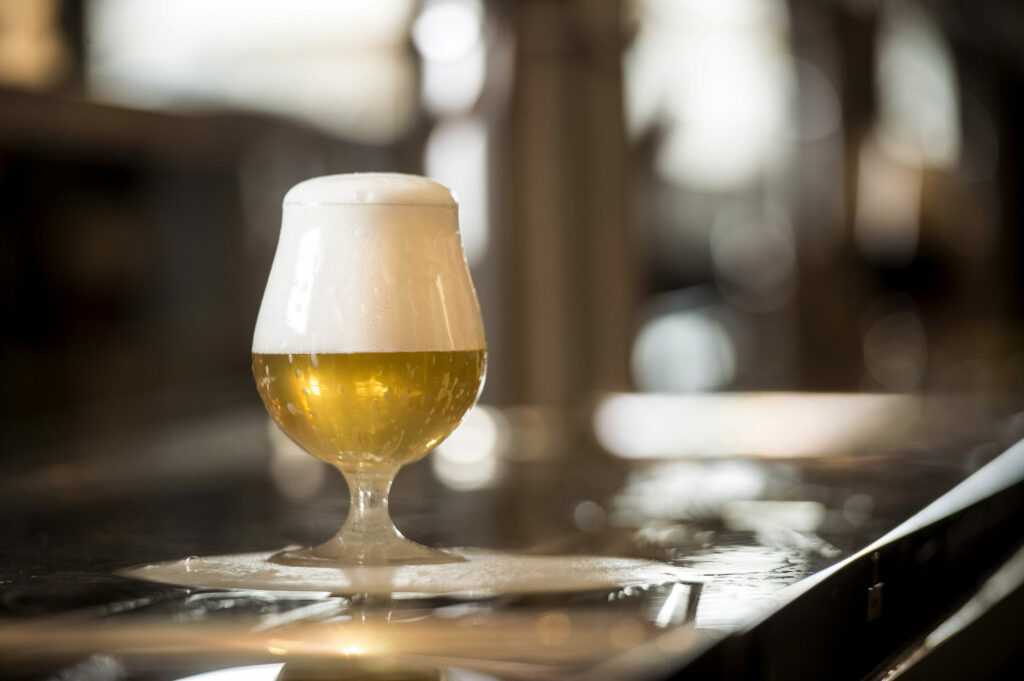The challenging economic climate in Belgium and the rest of the world has resulted in the export and consumption of Belgian beer falling considerably in 2024, says the Belgian Brewers Federation in its latest report.
Whilst the difficult years of the Covid-19 crisis have passed, Belgian beer consumption in 2023 was 6.532 million hectolitres – a 5.8% drop compared with 2022. Inflation, the loss of purchasing power, and staff shortages were "clearly reflected" in the 2023 results, the report states.
This slowdown is also responsible for the closure of some breweries. Belgium went from 430 breweries in 2022 to 417 by the end of 2023 (36 have closed, but 23 have opened).
Falling exports
The sector acknowledges that beer consumption has been falling for 20 years but has been able to make up for this through its exports, which represents more than double the national consumption: some 15 million hectolitres of beer produced in Belgium is shipped to the four corners of the world each year.
However, exports hit a record low in 2023 – down 7.5% in 1 year. Whilst EU exports were down 4.4%, exports beyond the EU fell 22.2%.
Consumption in China, the UK, and the USA – the main consumer countries – all fell. On the other hand, Russia (also a major consumer of Belgian beer) has significantly increased its consumption.
According to the federation, the drop in exports is partly due to competitiveness, which has been severely tested by rising wages and energy costs, among other factors. Against a backdrop of a global crisis in purchasing power, foreign consumers are more inclined to choose a cheaper local alternative rather than an imported Belgian beer.
Changing consumption patterns
But the drop in consumption is also explicable by a growing awareness of health issues, the brewers note. People are drinking less in terms of volume but are more appreciative of quality: "Drink less, taste more. People are consuming with more awareness than before, and that's a good thing too," highlights the federation.
Despite this overall decline, volumes of low-alcohol (max. 3.5% alc.) and non-alcoholic beers have risen by 12% in one year. However, the market share of this segment in the overall brewing sector remains marginal, currently estimated at 4.8%.
"Despite declining figures, the reputation of our Belgian beer remains intact and continues to attract attention at home and abroad. After all these years, Belgian beer continues to put our country on the international map," says Director of the Belgian Brewers Federation Krishan Maudgal.
The brewers highlight a recent study by iVOX, which shows that for more than 4 in 5 Belgians (84%), beer is part of Belgian culture. Moreover, 3 in 4 Belgians (75%) believe that Belgian beer culture helps to put the country on the international map.
Following the elections, the Brewers are calling on "tomorrow's political decision-makers to devise well-considered policies during the next legislature in order to guarantee, with us, the competitiveness of our sector and to protect and promote the Belgian beer culture," explains Mr Maudgal.

